Immersive theatre on Anglophone and Francophone contemporary stages
Immersive theatre on Anglophone and Francophone contemporary stages
Friday January 17th, 2020
Sorbonne Université / Université de Toulouse Jean Jaurès / RADAC (Recherche sur les Arts Dramatiques Anglophones Contemporains)
Immersive theatre appears to be a flourishing trend on the contemporary stage. The events which are labelled as such all share the intention of “[placing] the audience at the heart of the work” (Josephine Machon) and abolish the distinction between stage and auditorium to merge them into one single space.
The work of the British company Punchdrunk, created in 2000 by Felix Barrett, is often considered as the most emblematic of this type of theatre.Located at the crossroads between theatre, performance, dance and art installation, Punchdrunk deconstructs the conventional format to create a “theatrical world” which the spectators (or immersants) can inhabit and explore for the duration of the evening. They are invited to roam free through settings that are rich in detail and which stretch over thousands of square meters. Each immersant experiences their own unique journey, making their own way through the space and discovering various scenes as they go.
If contemporary immersive theatre has been growing in popularity in the English-speaking world for over a decade, it is progressively appearing on French stages.
In 2018, Le Secret opened its doors in the fifth district in Paris for a limited time. This space, dedicated to immersive practice, was directed by the A2R company and hosted various events and workshops. Their inaugural show, Helsingor, was an adaptation of Shakespeare’s Hamlet. The production provided a sensory experience; the participants were separated from their friends upon arrival and were invited to wander as they so desired through the space were the scenes were simultaneously performed.
In 2015, Sébastien Bonnabel’s company, La Compagnie du Libre Acteur, turned to immersive theatre with their adaptation of Patrick Marber’sCloser initially performed in a bar in order to explore the relation of intimacy between actor and spectator that these experiences allow. This production was then followed by Smoke Rings (2018) and Cyrano Ostinato Fantaisies (2019). In October 2018, the company invited the American director Simón Adinia Hanukai to co-direct a workshop on immersive practices. Participants worked with acting tools that aimed at allowing a greater freedom and a heightened connection with the present moment. Immersive experience thus brings something not only to the spectators but the actors.
We can also mention the examples of the company Big Drama and their latest production, Close, that played to a full house, or the very controversial experience DAU – both shows were presented in Paris earlier this year under the label “immersive”.
Beyond the recent success of these immersive experiences, one can wonder what kind of relation they have with popular forms. Indeed, these productions are, to some extent, reminiscent of “Murder Party” evenings, escape games and haunted houses. The Manor of Paris, for instance, while being clearly labelled as entertainment (notwithstanding the quality of the acting and the scenography), is, similarly to immersive theatre, based on the circulation of the audience and the stimulation of their senses.
This one-day conference aims at bringing together practitioners and scholars in order to shed new light on immersive theatre in France and English-speaking countries (that may also be compared to other countries).
Individual papers (in English or in French) may address, but are not limited to, the following topics:
– Immersive theatre and performance
– The new wave of immersive theatre in France
– The stakes for directors, actors and spectators
– The place of the text in immersive theatre (absence of text, adaptations, creations, improvisation …)
– Immersive theatre and intimacy
– Acting methods related to immersive theatre (Meisner, Viewpoint…)
– The type of audience that immersive theatre attracts
– Immersive theatre : place and space
– The economic model of this type of theatre
– Immersion and entertainment
– Immersion and new technologies
– Immersion and politics
Please send an abstract (200-300 words) and a brief biography to Déborah Prudhon (deborah.prudhon@gmail.com), Juliette Mézergues (mezergues@gmail.com) and Emeline Jouve (emeline.jouve@gmail.com) by September 9h, 2019.
Keynote speakers:
Josephine Machon (to be confirmed)
Léonard Matton
Sébastien Bonnabel
Simón Adinia Hanukai (to be confirmed)
Advisory board :
Elisabeth Angel-Perez (Sorbonne Université)
Solange Ayache (ESPE / Sorbonne Université)
Emeline Jouve (Université Toulouse – Jean Jaurès)
Juliette Mézergues (actor, director and independent researcher)
Déborah Prudhon (Sorbonne Université)
Aloysia Rousseau (Sorbonne Université)
Julie Vatain (Sorbonne Université)
